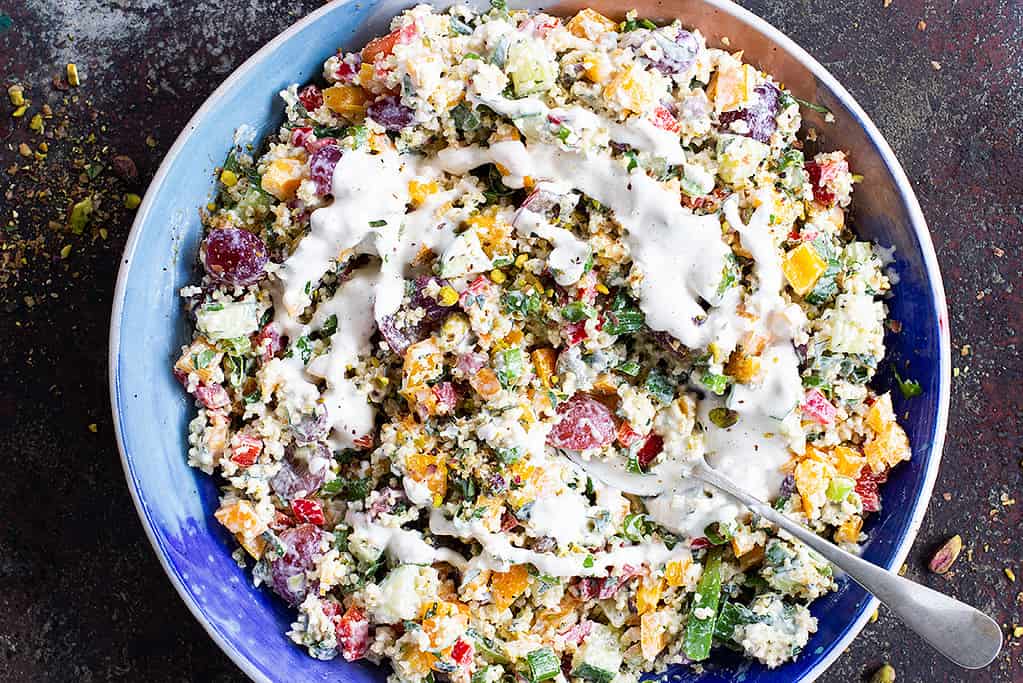
We’ve been going a little nuts at The JCN Clinic spamming you with our passion for feeding your microbiota with a diversity of plant based foods. Partly it’s due to the functional testing that is now at our fingertips, but more so I’d say it is due to the abundance of research that is continuing to come out pertaining to fibre’s role in feeding beneficial bacteria, whilst reducing the presence of more adverse numbers of commensal bacteria (bacteria that naturally reside in our gut). I also think we are extra passionate about presenting you with this information because there is such a strong push towards ketogenic diets in the wellness space right now. Ketogenic diets long term, or even medium term will drastically change the terrain of the microbiome and in 99% of cases not for the better.
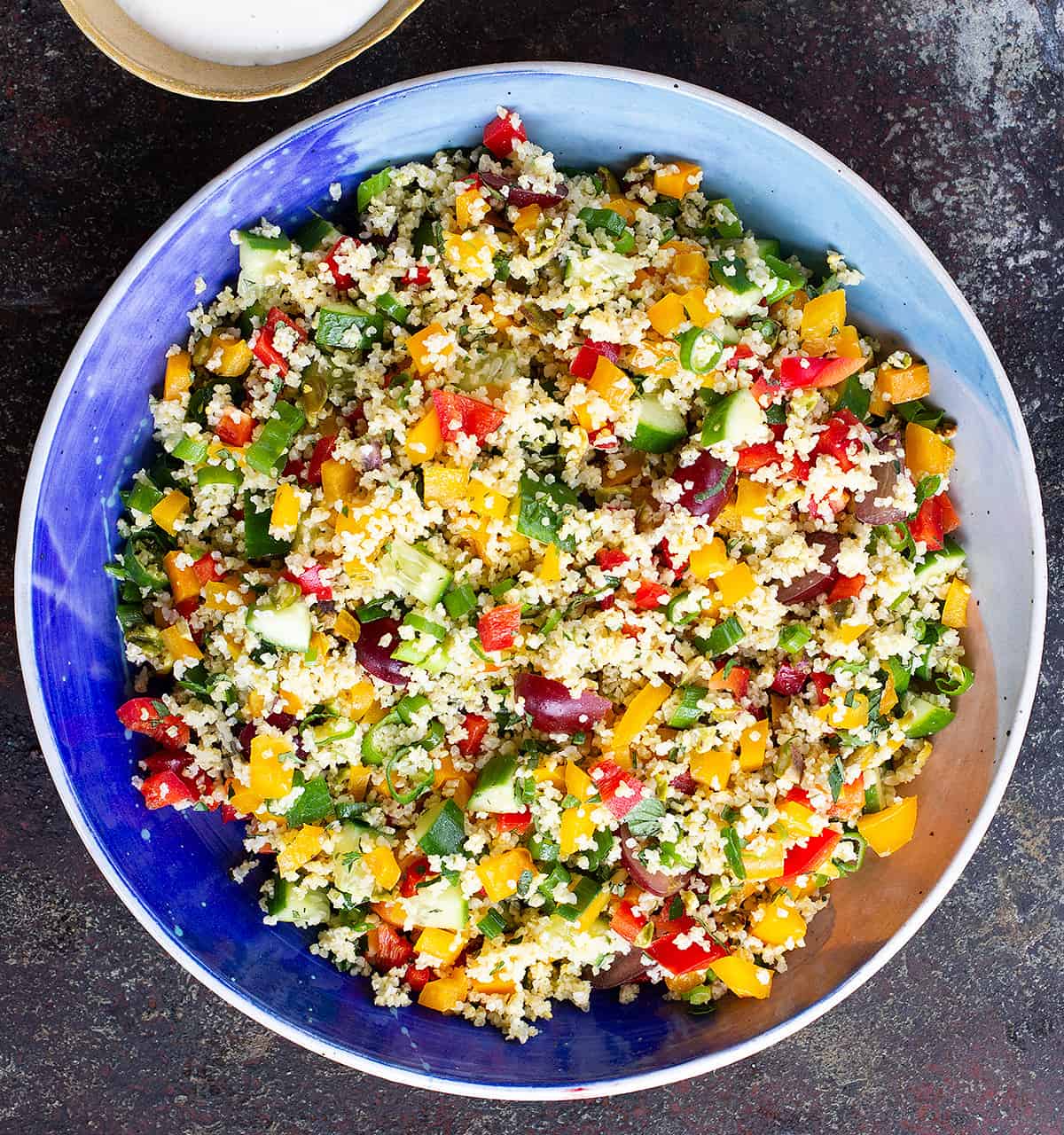
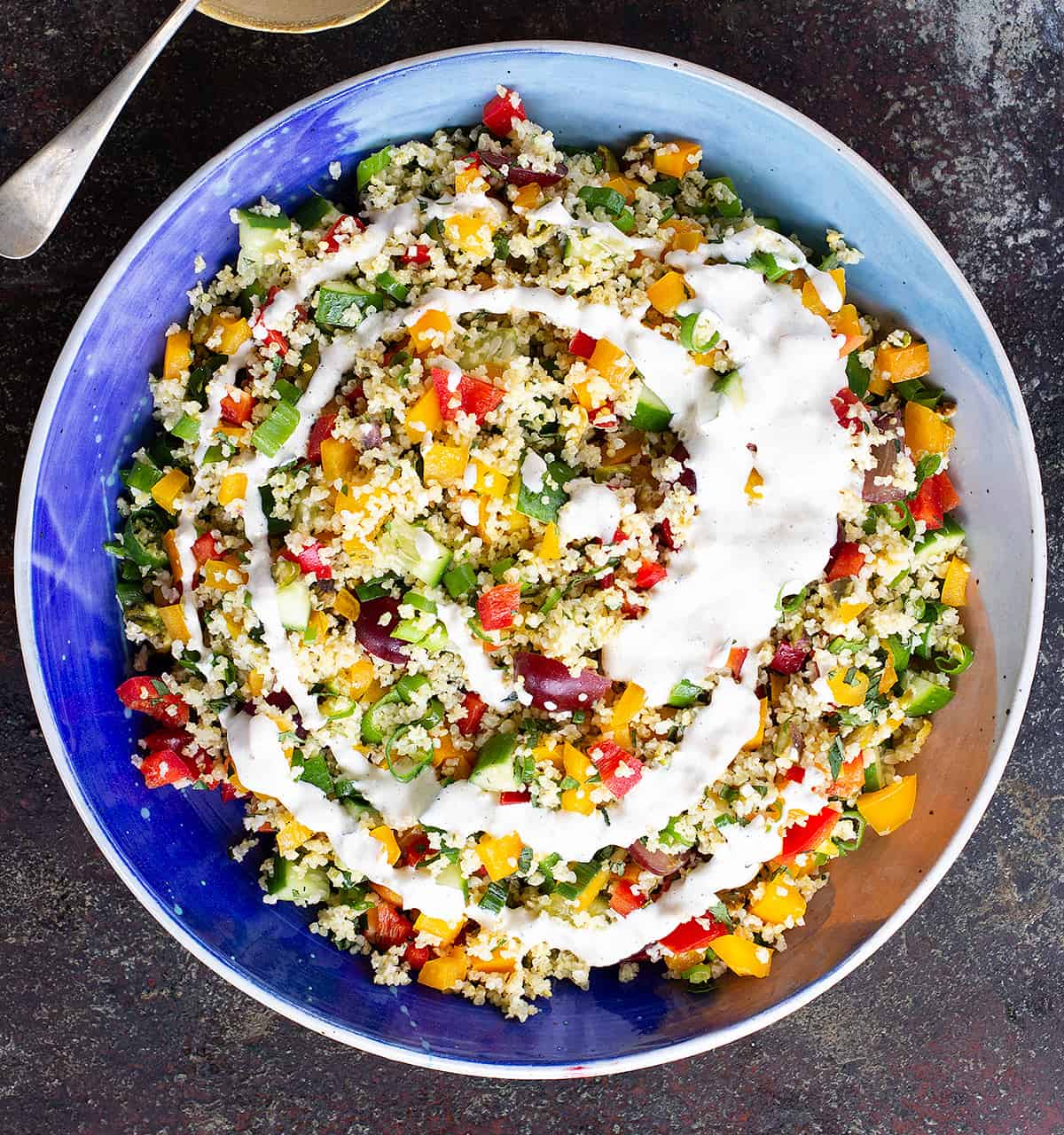
Within each of us is our own world of microbes. Research shows that diversity of these microbes is associated with health. Research also highlights that overgrowth of certain types of families of bacteria (phylum) and species within a phylum are correlated with more adverse health conditions. These range from IBS, IBD, mental health, chronic fatigue and autoimmunity to name just a few. When these more detrimental commensal bacteria are higher than they should be they can change the pH of the gut, which is essential to hold a stable environment for important species to grow and hold force. Lactobacillus is one of these species that commonly suffers and is so vital for holding a pH in the gut that combats yeast overgrowth. These less favourable bacteria at high numbers also release their own toxins that naturally shed from their cell wall, called lipopolysaccharides (LPS), which in manageable numbers is fine for our gut to deal with (remember our gut deals with foreign matter daily from the food we ingest and the air we breath). However, in higher numbers this increased LPS load puts a large strain on our microbiota and the mucosal lining of our gut.
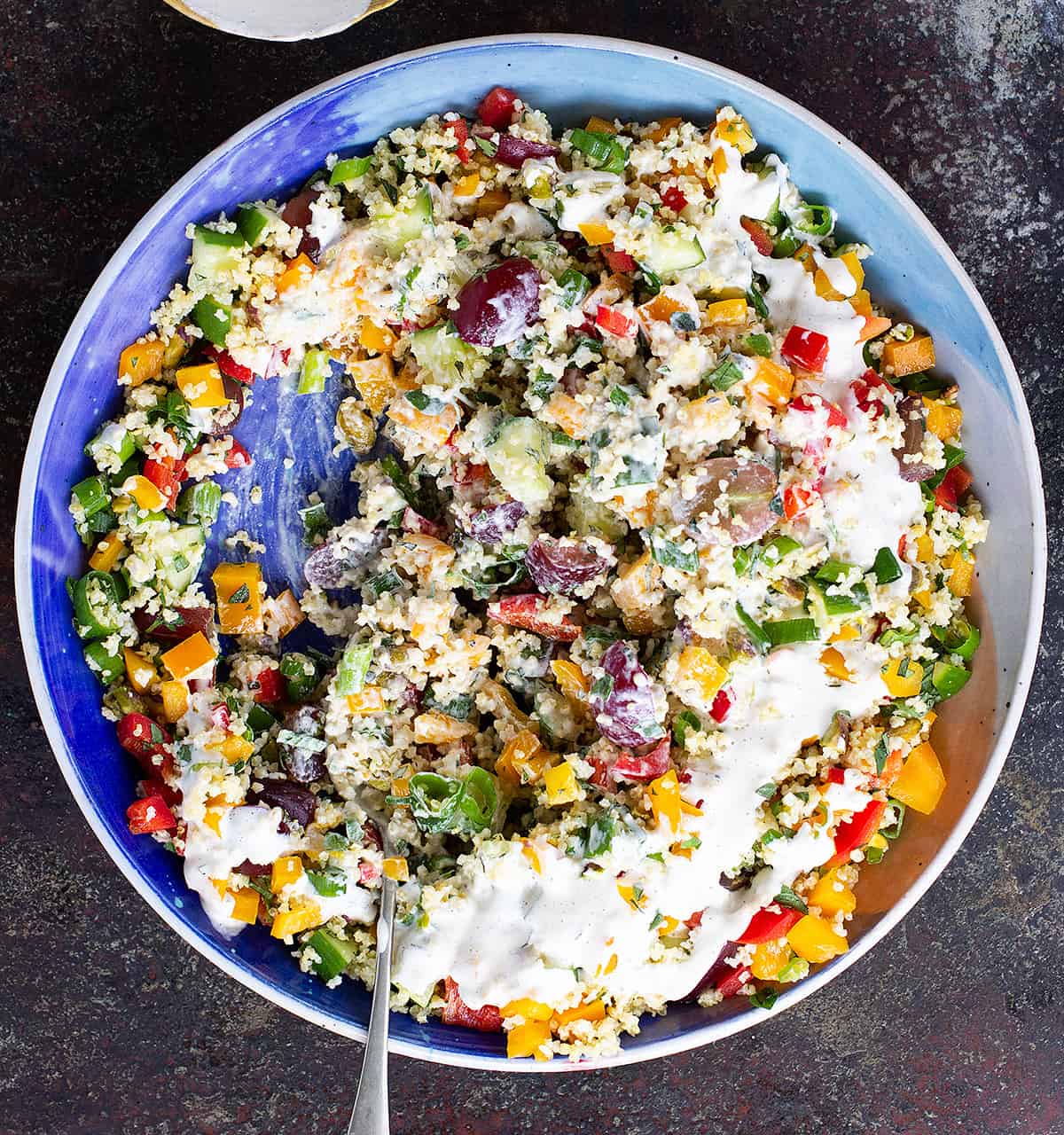
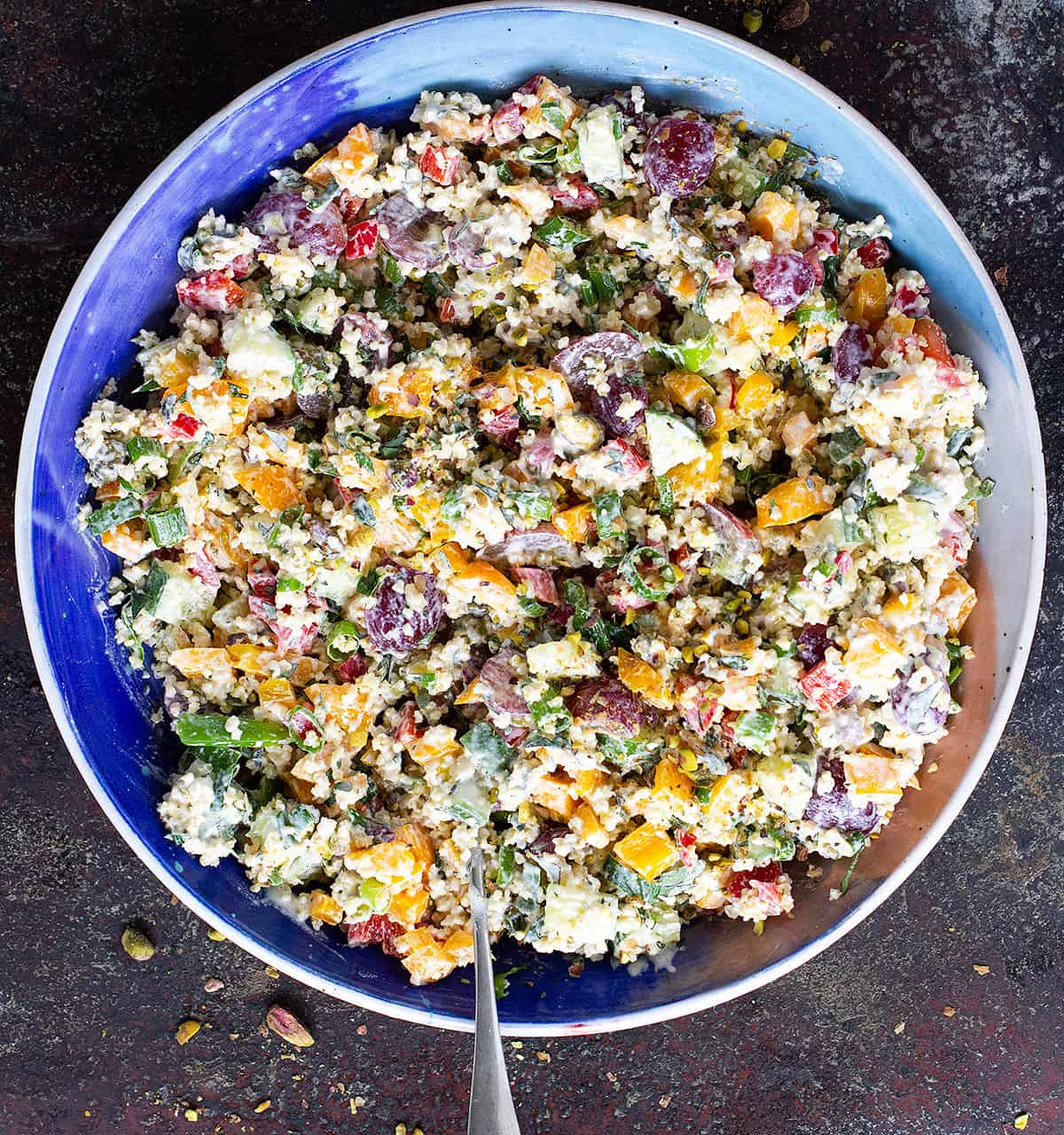
So what feeds up these commensal bacteria that can take hold and increase LPS production, whilst crowding out our more favourable strains of bacteria? Research has shown that a high meat and fat based diet plays a pivitol role in favouring the growth of these pesky species. A diet low in a variety of plant based rich fibres such as legumes, starchy root vegetables, high FODMAP fruits and vegetables is a sure way to starve your beneficial bacteria to the brink of death (dramatic, but we see it in clinic) and see adverse numbers of commensal bacteria thrive and take hold with all their might.
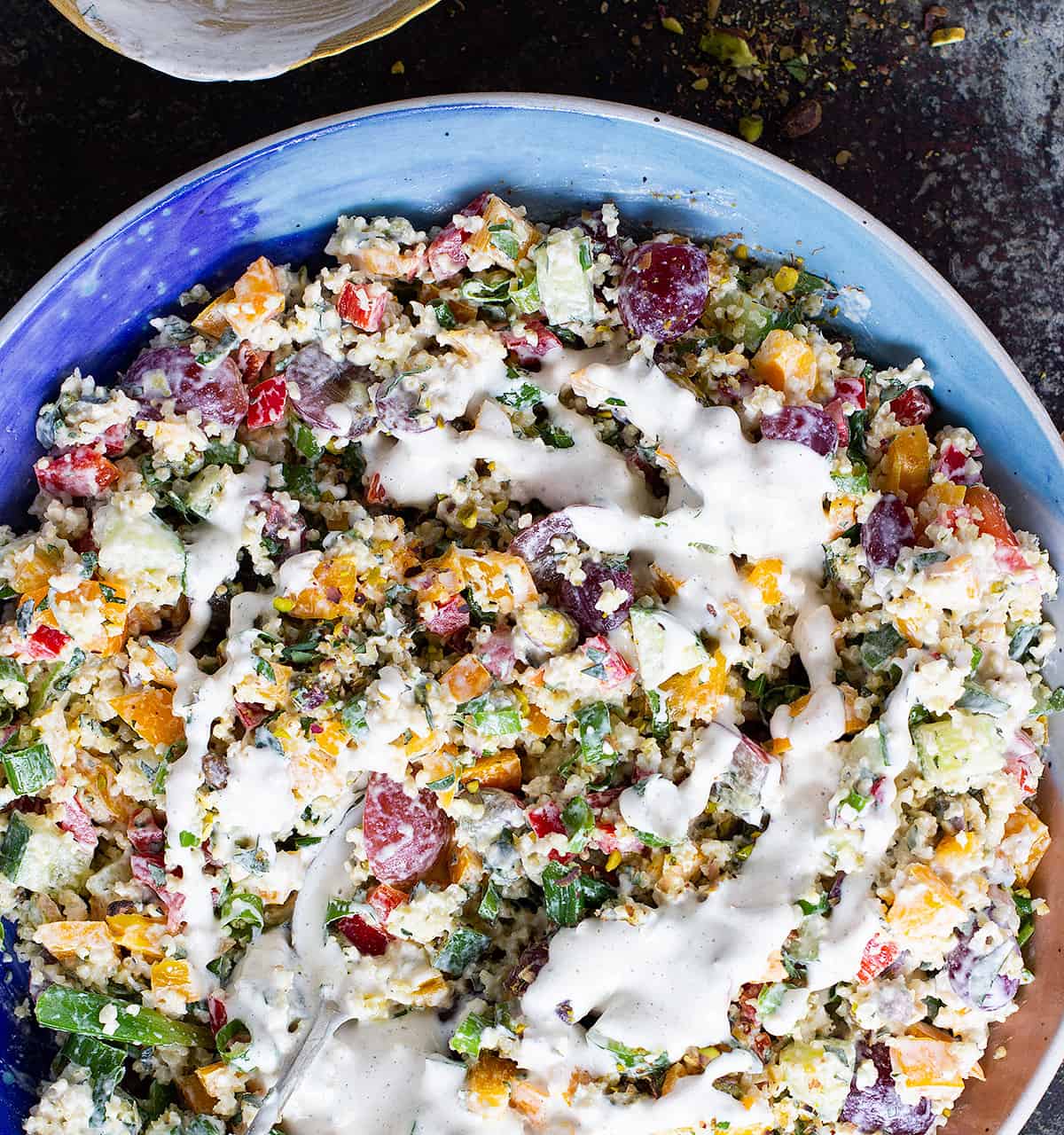
The long-term health implications of this imbalanced microbiota are becoming more and more cemented as research papers continue to be released in this area. Therefore, it drives us bonkers to see that a ketogenic diet can take such hold in the wellness space and be presented as a way of life for the average joe. Ketogenic diets and severely low carb have their place in health, but they are not for the everyday individual to grab hold of and use as a way of healthy eating. They are being sold without all the facts.
One of the ways we like to educate our clients (and you dear reader) on how to incorporate more variety of plant based fuel for your microbiota is to incorporate vegetarian based meals into your week. We are not asking you to go vegetarian or vegan (we certainly aren’t), but we do want you to lower the meat based meals from 2 – 3 times per day that has become so common place in our culture. Therefore, this millet salad is a wonderful way to include fibre rich complex carbohydrates that also include a high amount of protein. Combined with the nuts in the creamy mustard sauce this meal provides a wonderful filling vegetarian meal to support microbial diversity. It of course also tastes delicious, which is always a priority in my book for any meal.
millet salad w creamy mustard dressing
- serves
- serves 6
- preparation time
- 30 minutes
- cooking time
- 10 – 12 minutes
ingredients
- 1/2 cup millet
- 1/4 cup macadamia nut butter
- 1/4 cup lemon juice
- 1 tablespoon mustard seeds
- 2 tablespoons extra virgin olive oil
- 1/2 cup water
- 1/2 teaspoon salt
- 3 teaspoons apple cider vinegar
- 1/2 clove garlic
- 1/4 teaspoon pepper
- 1 yellow capsicum, diced
- 1/2 red capsicum, diced
- 1 medium cucumber (approx 150g), diced
- 1 cup finely sliced green ends of spring onions
- 3/4 cup red grapes, halved
- 1/4 cup pistachio’s, chopped
method
Place millet in a fine sieve and wash well under a running tap. Fill a medium saucepan at least half way up with water and add the washed millet. You want enough water to cover the millet double the height of the where the millet reaches in the saucepan. Bring the water to the boil and then turn to a simmer, allowing the millet to cook until just tender. This should take around 10 – 12 minutes.
Drain millet through a sieve over the sink and then rinse again under the tap with hot water until the water runs clean. Set the millet aside still in the sieve sitting over the empty saucepan, allowing it to drain well and steam dry.
To make the creamy mustard dressing, place the macadamia nut butter, lemon juice, mustard seeds, extra virgin olive oil, garlic, apple cider vinegar, water, salt and pepper in a blender and blend to a creamy thin sauce ensuring all the mustard seeds break down. Set aside.
In large salad bowl place the diced yellow and red capsicum, diced cucumber, spring onions, grapes and pistachio’s. Add the cooked millet and toss everything well to combine. Now pour over all of the creamy mustard dressing and toss through ensuring everything is evenly coated.
Serve as a side dish with protein of choice or enjoy as protein rich ‘meatless’ meal on it’s own.
Like what you’re seeing? Subscribe for new recipes and nutrition tips every week!
Jessica Cox is a qualified practicing Nutritionist with a Bachelor Health Science (Nutrition) and over 15 years of clinical experience. She is the founder and director JCN Clinic, published author and established recipe developer. Jessica is well respected within health and wellness space for her no fad approach and use of evidence-based nutrition.


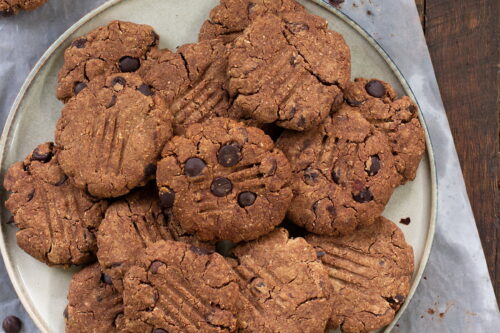


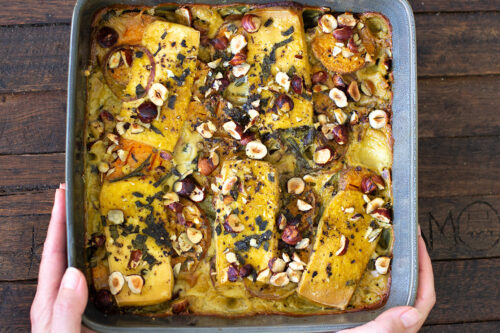
Really interesting to hear your thoughts about the keto craze and understand some of the complexities. It reminds me again how important balance and moderation are. Keen to try this recipe.
Thanks Sharolyn for the feedback, I’m really pleased to hear you found it a good read and check in about the importance of moderation, balance and diversity. 🙂